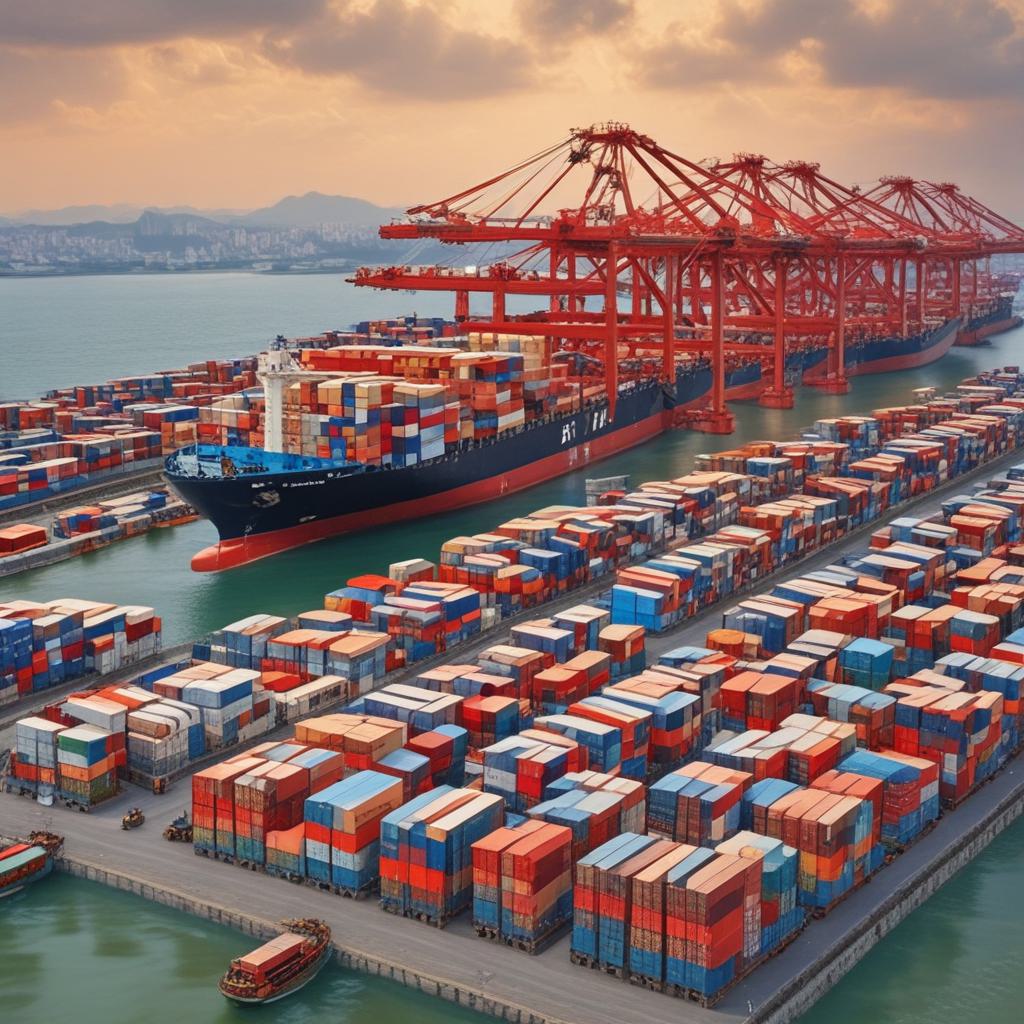Vietnam is emerging as an appealing destination for Japanese companies in the logistics sector. According to statistics from the Foreign Investment Agency of the Ministry of Planning and Investment, as of September 2023, Japan had over 5,000 projects with a total investment of nearly 70 billion USD, accounting for 15.7% of total FDI in Vietnam. Japan is currently the third-largest foreign investor among 143 countries and territories investing in Vietnam. Although it ranks third in the number of investments, Japan holds the second position in terms of project count, indicating its active investment status and highlighting Vietnam’s attractiveness to Japanese businesses.
Active investment from Japan
According to the Ministry of Industry and Trade, investment and M&A activities in the logistics sector have surged. We can clearly see the entry of major groups like Suzue and Sumitomo, with a recent collaboration in transport and logistics. Sumitomo’s acquisition of a 10% stake in Gemadept Corporation not only creates competitive advantages but also expands the logistics system from factories to ports, enhancing export efficiency. Yokorei Vietnam Co., Ltd. has also commenced construction of its cold storage project at Phu An Thanh Industrial Park in Long An province, with an initial estimated investment of around 52 million USD. Mitsui O.S.K. Lines (MOL) has been exploring opportunities at Vinh Tan International Port, reflecting Japanese companies’ interest in Vietnam’s logistics infrastructure.
This presence not only demonstrates Vietnam’s appeal but also indicates the strong commitment of Japanese businesses to promote sustainable development. About half of Japanese companies are export-oriented, while the other half focus on the domestic market.
In addition to large corporations, small and medium-sized enterprises from Japan are gradually shifting their investment focus and expanding their business in Vietnam. Experts from SPN Invest report that over the past two years, SPN advised many Japanese companies operating in logistics. Most of them are interested in warehousing and transportation, recognizing significant potential in the Vietnamese market.

Improving logistics index
According to the World Bank, Vietnam’s Logistics Performance Index (LPI) has shown significant improvement. In 2023, the LPI increased by 21 places compared to 2016, ranking 43rd out of 139 countries. This reflects the strong potential for the logistics sector’s development, creating opportunities for foreign investors, particularly from Japan.
Improvements in transportation infrastructure, warehousing capacity, and the quality of logistics services are key factors enhancing Vietnam’s LPI. Japanese companies, with their advanced experience and technology, can contribute to modernizing and increasing the efficiency of the logistics system in Vietnam.
Opportunities and challenges in the logistics sector
Vietnam currently has over 30,000 registered logistics companies, of which 89% are domestic enterprises, 10% are joint ventures, and only 1% are 100% foreign-owned companies providing cross-border logistics services. However, Vietnamese companies only hold 30% of the market share, with the majority of the logistics market “pie” still belonging to foreign enterprises.
The signing of 15 free trade agreements (FTAs) has opened up numerous opportunities for Japanese companies in Vietnam. However, the logistics sector also faces challenges, such as a lack of quality infrastructure and competition from foreign companies.
The Vietnamese government is aiming to attract private capital for logistics infrastructure investment, creating opportunities for large-scale deals. The combination of foreign investment and domestic capacity will help the logistics sector develop sustainably, improve efficiency, and meet the increasingly high market demand.
Vietnam is not only a large market with around 100 million people but also a place with strong economic development potential. Especially with a rising middle class and the presence of many foreign companies, Vietnam promises to be one of the attractive destinations for Japanese businesses in the logistics sector. Investment from Japan will not only bring economic benefits to both parties but also contribute to the sustainable development of the logistics sector in Vietnam in the future.
 English
English Tiếng Việt
Tiếng Việt Deutsch
Deutsch Japan
Japan
